If you live in an area with hard water, you know the struggle of dealing with the negative effects it has on your home and everyday life. Hard water contains a high concentration of minerals such as calcium and magnesium, which can cause damage to your plumbing system, leave unsightly stains on your fixtures, and even affect the taste of your drinking water. Fortunately, there is a solution: installing a water softener in your home. In this article, we'll explore the top benefits of installing a water softener, so you can make an informed decision about whether it's the right choice for your home.
Extended lifespan of plumbing and appliances
One of the biggest benefits of installing a water softener is the extended lifespan of your plumbing and appliances. Hard water can cause buildup of minerals in your pipes and fixtures, leading to clogs, corrosion, and leaks. Over time, this can cause serious damage and require costly repairs or replacements. By softening your water, you can prevent mineral buildup and protect your plumbing and appliances, saving you money in the long run.
Elimination of stains and buildup
Hard water can leave unsightly stains on your fixtures, dishes, and laundry. These stains can be difficult to remove and may require harsh chemicals or specialized cleaning products. Softening your water can eliminate these stains and buildup, leaving your home looking cleaner and brighter. You'll also notice that your dishes and laundry come out cleaner and brighter, as soft water allows soap and detergents to lather more effectively.
Improved taste of water
Hard water can have a noticeable impact on the taste of your drinking water. Minerals such as calcium and magnesium can give water a metallic or bitter taste, making it less appealing to drink. Softening your water can remove these minerals, improving the taste and quality of your drinking water. This is especially important if you rely on well water or have concerns about the quality of your municipal water supply.
Reduced energy and water usage
When your water is hard, it requires more energy and water to heat and use effectively. This is because mineral buildup can reduce the efficiency of your water heater and other appliances, requiring them to work harder and use more energy. Softening your water can improve the efficiency of your appliances, reducing energy and water usage and saving you money on utility bills.
Installing a water softener in your home can have a significant impact on the quality of your water and the lifespan of your plumbing and appliances. By eliminating stains and buildup, improving the taste of your water, and reducing energy and water usage, you'll enjoy a cleaner, more efficient home with lower utility bills. If you're considering a water softener, consult with a professional to determine the best type and size for your home and budget.
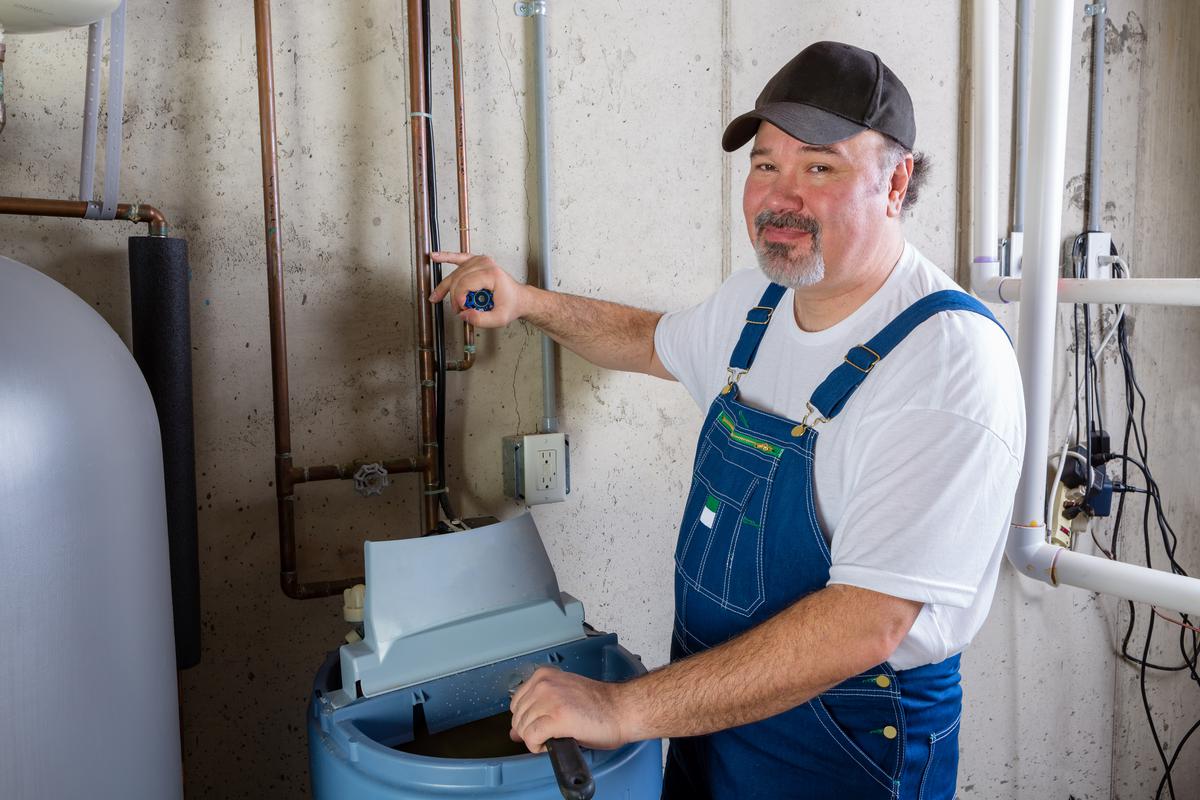

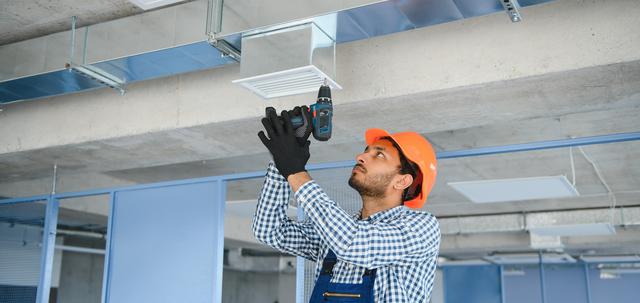
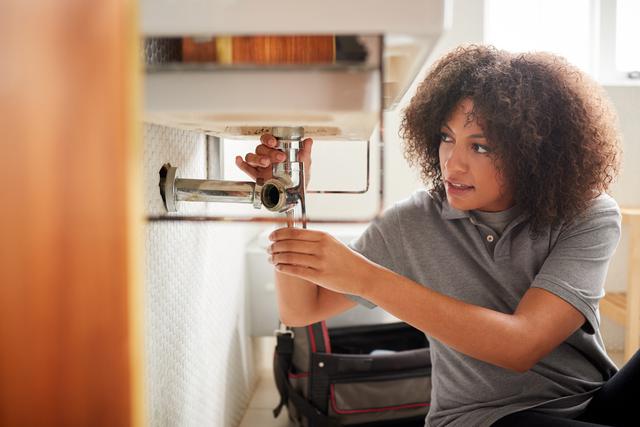
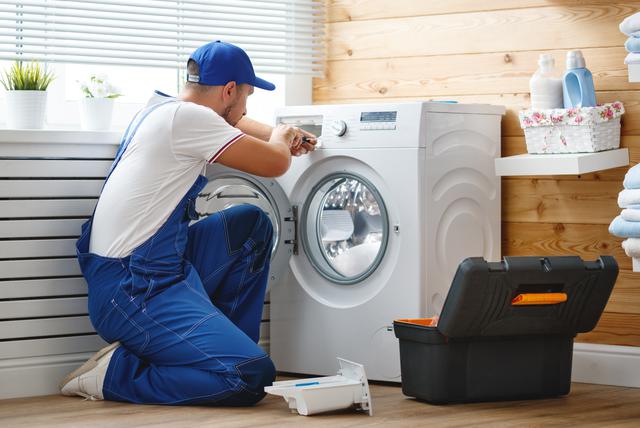
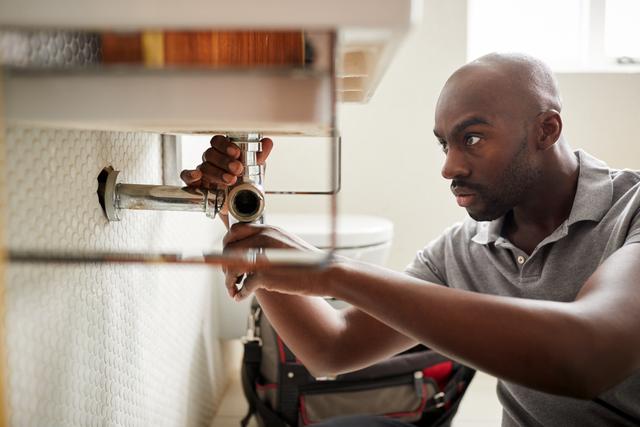
comments